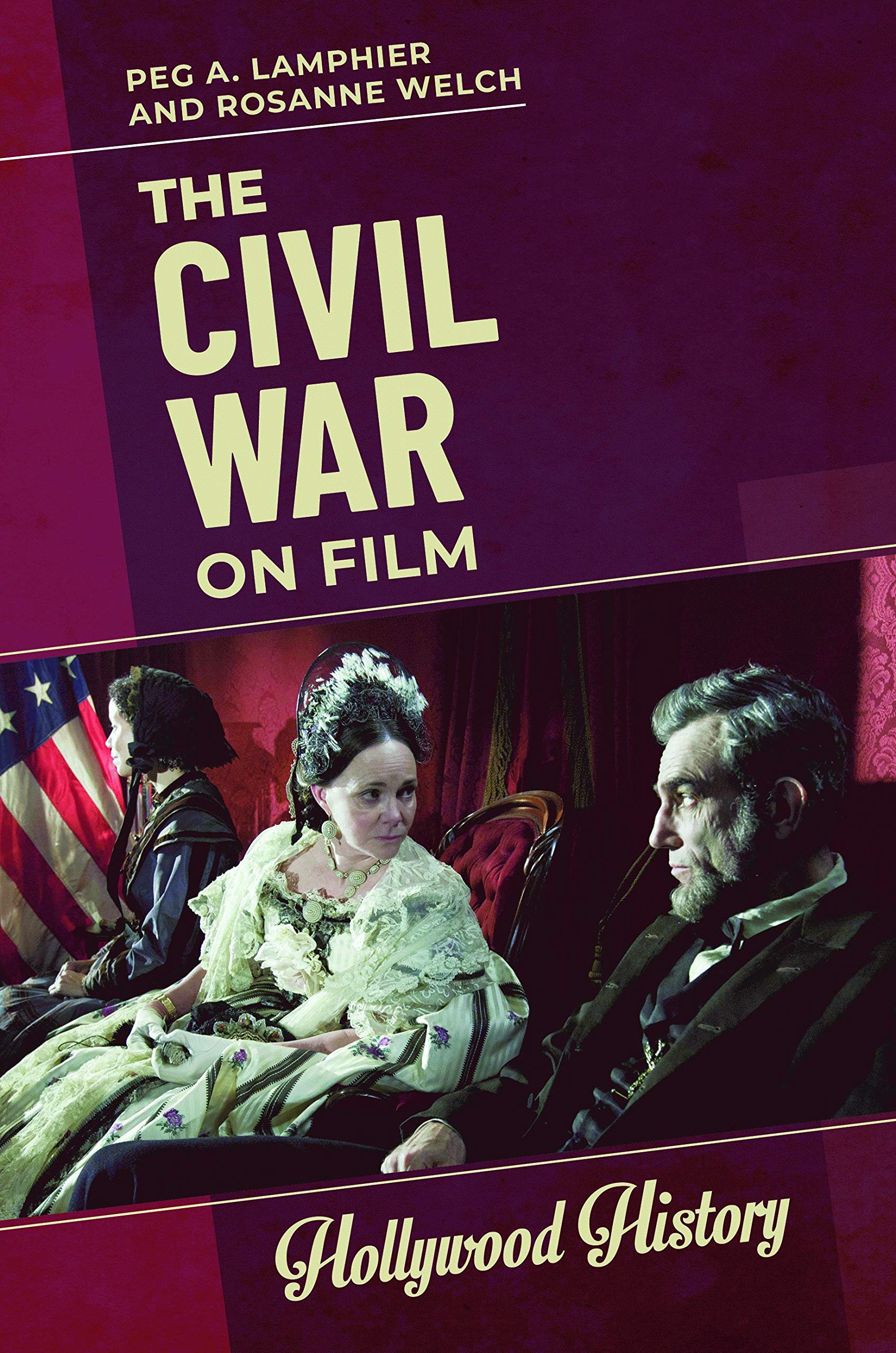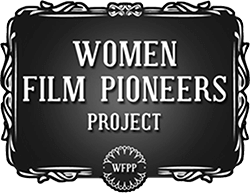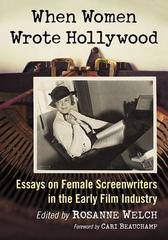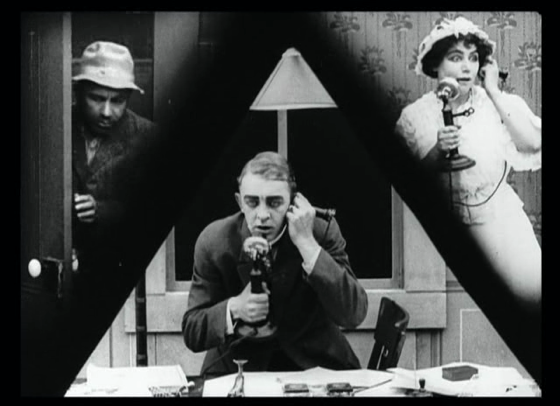My newest book The Civil War on Film (co-written with my colleague Peg Lamphier as part of ABC-Clio’s Hollywood History series) was published today.
Peg and I discuss 10 Civil War films based on their accuracy and cultural context. It is no surprise that we agree with a collection of historians that the most accurate of all the films of the Civil War is Glory (written by Kevin Jarre), though even that film makes the ‘mistake’ of omitting the fact that Harriet Tubman served as a spy for the 54th Massachusetts Infantry Regiment.
As we say about many of the films, one film can’t encapsulate the entirety of a historical event (though Free State of Jones (written by Gary Ross) does try, and here we admit that that attempt to do it all makes for a long and plodding film, which is sad since it is a thorough portrait of Reconstruction, which is nearly never covered in films as they all prefer ending when the war ends).
As always it was a pleasure to work with Peg. We’re in the middle of our second book for this series – chronicling how Women’s History is covered in films coming sometime in 2021.


Want to use The Civil War On Film as a classroom text?
Contact ABC-CLIO for more information
The Civil War on Film will inform high school and college readers interested in Civil War film history on issues that arise when film viewers confuse entertainment with historical accuracy.
The nation’s years of civil war were painful, destructive, and unpleasant. Yet war films tend to embrace mythologies that erase that historical reality, romanticizing the Civil War. The editors of this volume have little patience for any argument that implies race-based slavery isn’t an entirely repugnant economic, political, and cultural institution and that the people who fought to preserve slavery were fighting for a glorious and admirable cause
To that end, The Civil War on Film will open with a timeline and introduction and then explore ten films across decades of cinema history in ten chapters, from Birth of a Nation, which debuted in 1915, to The Free State of Jones, which debuted one hundred and one years later. It will also analyze and critique the myriad of mythologies and ideologies which appear in American Civil War films, including Lost Cause ideation, Black Confederate fictions, Northern Aggression mythologies, and White Savior tropes. It will also suggest the way particular films mirror the time in which they were written and filmed. Further resources will close the volume.
- Makes clear that depictions of the Civil War on film are often mythologized
- Analyzes films in a manner that shows students the historical context in which the films were made and viewed
- Goes beyond just synopses and historical facts, helping students to develop critical thinking skills
- Stimulates debate over the various ways the war was interpreted and experienced
Film discussed include:
- Gone with the Wind (1939)
- Friendly Persuasion (1957)
- The Good, the Bad and the Ugly (1966)
- Glory (1989)
- Gettysburg (1993)
- Andersonville (1996)
- Ride with the Devil (1999)
- Gangs of New York (2002)
- Lincoln (2012)
- Free State of Jones (2016)
* A portion of each sale from Amazon.com directly supports our blogs
** Many of these books may be available from your local library. Check it out!
More books from Dr. Rosanne Welch






![30 The “Final Girl” Trope from When Women Write Horror with Dr. Rosanne Welch [Video] (43 seconds)](https://rosannewelch.com/wp-content/uploads/2020/09/rmw-cpp-horror-30.png)
![29 Screenwriters Are Important from Why Researching Screenwriters (has Always) Mattered [Video] (52 seconds)](https://rosannewelch.com/wp-content/uploads/2020/09/rmw-sao-paolo-29.png)
![Dr. Rosanne Welch and Dr. Peg Lamphier Talk Women In American History on the College of Education and Integrative Studies Podcast [Video]](https://rosannewelch.com/wp-content/uploads/2020/09/ceis-podcast-22.jpg)





![29 Unspoken Messages in Film from When Women Write Horror with Dr. Rosanne Welch [Video] (53 seconds)](https://rosannewelch.com/wp-content/uploads/2020/09/rmw-cpp-horror-29.png)
![28 Screenwriting Education Flaws from Why Researching Screenwriters (has Always) Mattered [Video] (56 seconds)](https://rosannewelch.com/wp-content/uploads/2020/09/rmw-sao-paolo-28.png)